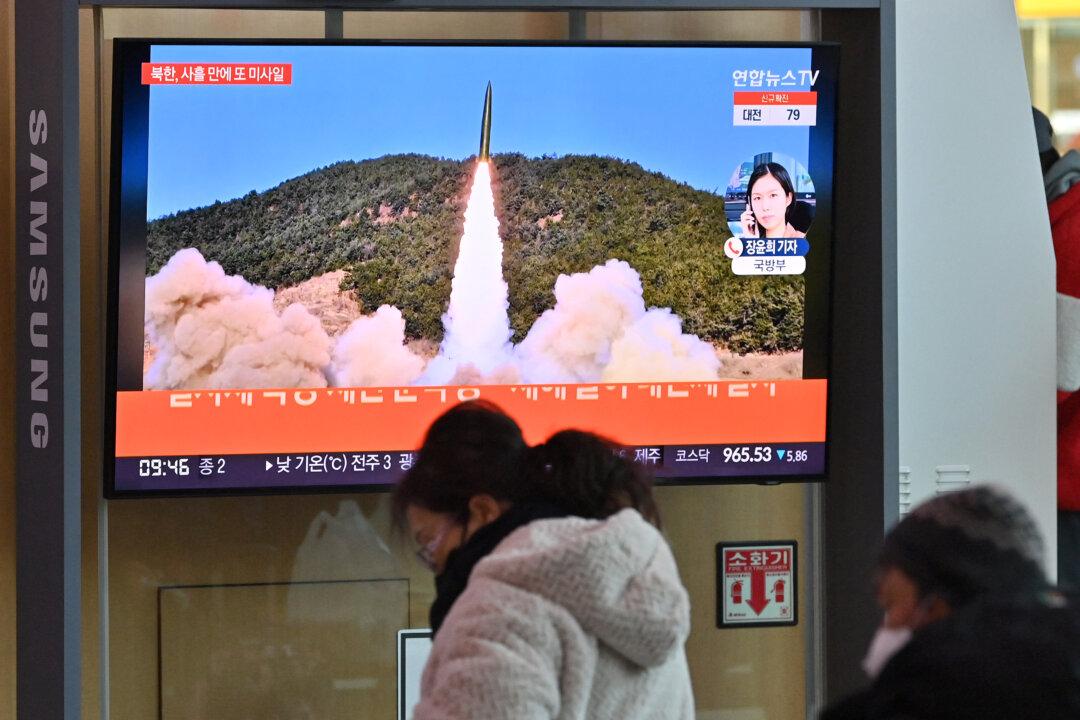North Korea’s communist regime tested a new intercontinental ballistic missile (ICBM) system during two tests it conducted in February and early March, confirmed the Pentagon on Thursday.
Pyongyang carried out two ballistic missile tests on Feb. 26 and March 4, which U.S. officials said “involved a new Intercontinental Ballistic Missile (ICBM) system” that North Korea has been developing, said Pentagon spokesman John Kirby in a statement.





